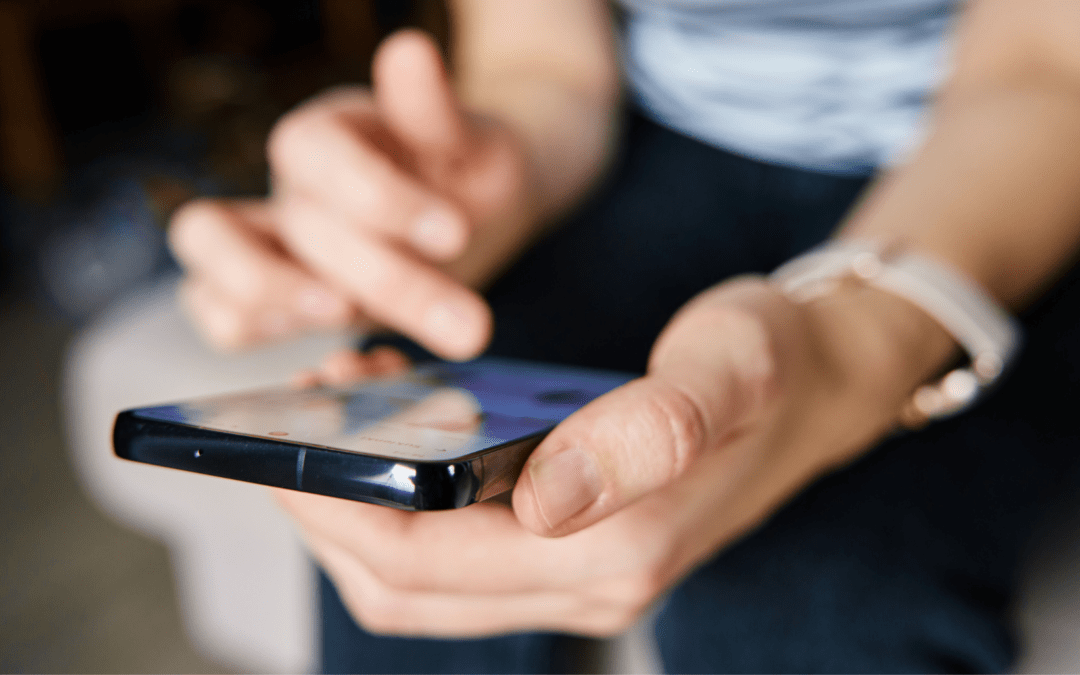It starts with just a quick scroll—then before you know it, it’s 2 AM, your thumb’s sore, and your brain feels fried. Sound familiar? Social media is practically woven into everyday life now, but constant swiping, liking, and refreshing isn’t always harmless. Whether you’re doomscrolling on TikTok, stuck in the Instagram comparison trap, or obsessively checking Snapchat streaks, the social media addiction effects are real—and they’re deeper than most of us realize.
So what happens when that “quick check” turns into a full-blown habit you can’t shake? Let’s break it down.
What are the negative effects of social media?
The downside of nonstop social media use isn’t just about wasting time—it’s about what you lose in the process. One of the most noticeable social media addiction effects is a spike in anxiety and depression. When your self-worth gets wrapped up in likes, views, or follower counts, it’s easy to fall into a toxic feedback loop. You start comparing your behind-the-scenes to someone else’s highlight reel—and that never ends well.
Sleep disruption is another big one. Nighttime scrolling messes with your melatonin production and keeps your brain in “go” mode when it should be winding down. Before long, your sleep quality tanks, and so does your ability to function the next day.
Then there’s the hit your real-life relationships can take. When you’re glued to your phone, emotional availability drops. Conversations become surface-level. Eye contact disappears. Basically, social media can crowd out actual social connection, even though it’s supposed to connect us.
What are the effects of social media abuse?
Social media addiction and social media abuse often go hand in hand—and the effects are sneakier than you’d think. One major red flag? Productivity nosedives. You sit down to do something important, open TikTok “just for a second,” and suddenly an hour’s gone. This kind of mental whiplash kills your focus and can lead to chronic procrastination.
Another side effect is the emotional rollercoaster that comes with online interactions. One passive-aggressive comment, one ignored DM, or one unfollow can ruin your mood for hours—sometimes days. The constant emotional ups and downs take a toll over time, leaving you more reactive and less grounded.
People also experience desensitization. You might find yourself less emotionally affected by serious events or news because everything starts to blur together. That emotional numbness is one of the sneakier social media addiction effects that most people don’t talk about.
How social media addiction affects students
Students are especially vulnerable to social media addiction effects. School used to be about passing notes and stressing over quizzes. Now, it’s also about managing digital reputations 24/7. This constant pressure makes it hard for students to truly unplug.
One of the biggest impacts is on academic performance. Scrolling between classes, during study time, or late into the night breaks concentration and reduces memory retention. Even when students are technically “studying,” background scrolling splits their focus, making them less efficient.
Social media can also mess with self-esteem, especially among teens and young adults. Seeing classmates post perfect selfies or “study aesthetic” content can create unrealistic standards, making students feel like they’re falling behind or not good enough—even when they’re doing fine.
And let’s not ignore the rise in cyberbullying. For some students, social media isn’t a fun escape; it’s a minefield of judgment, exclusion, or even targeted harassment. These interactions can have lasting psychological effects, making school and social settings more stressful than ever.
How does addiction to social media affect the brain?
Let’s talk brain science. One of the most impactful social media addiction effects is what it does to your brain’s reward system. Every like, comment, or notification triggers a dopamine release—a tiny hit of pleasure. Over time, your brain starts craving that rush, even if it’s subtle. It’s the same pathway involved in other behavioral addictions.
This constant dopamine cycle can rewire how your brain experiences reward. Real-life stuff—like hobbies, in-person convos, or achievements—might start to feel less satisfying. You’re always chasing the next notification high, and that chase doesn’t end.
Also, heavy social media use affects impulse control. Apps are designed to be addictive, so even when you know you should stop scrolling, your brain fights you on it. This can lead to compulsive behaviors that spill over into other areas of life.
There’s also growing research on how social media impacts attention span. The more you consume short-form content, the harder it becomes to sit still, focus, or tolerate boredom. Your brain gets trained for constant stimulation—which makes real-life tasks feel slow, boring, or even unbearable.
So… what can you do about it?
If you’re noticing these social media addiction effects in your life, don’t panic—but don’t ignore them either. Start by setting intentional boundaries: app timers, no-scroll zones (like during meals or right before bed), and regular screen-free breaks. Try replacing your scroll time with something that actually recharges you—reading, movement, journaling, whatever feels good.
Also, don’t be afraid to talk to someone about it. Whether it’s a therapist, friend, or support group, breaking the habit gets easier when you’re not going it alone.
The point isn’t to quit social media entirely—it’s to take back control. Because your time, focus, and peace of mind? They’re way too valuable to give away for free.
Final Thoughts
Social media is part of modern life, and for most of us, it’s not going anywhere. But being aware of the social media addiction effects gives you the power to make smarter choices about how, when, and why you use it. You don’t need to ditch your favorite apps—you just need to make sure they’re not running the show.
